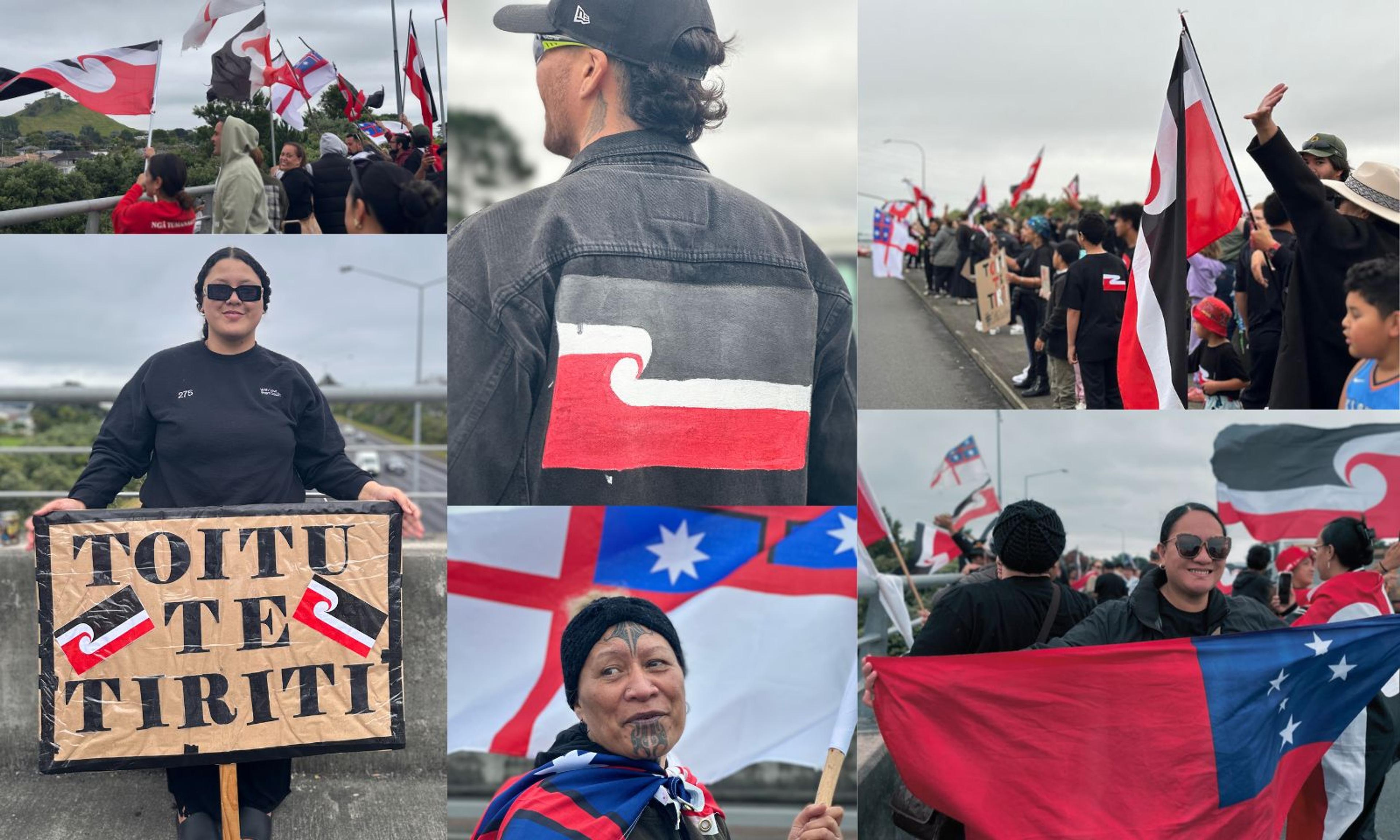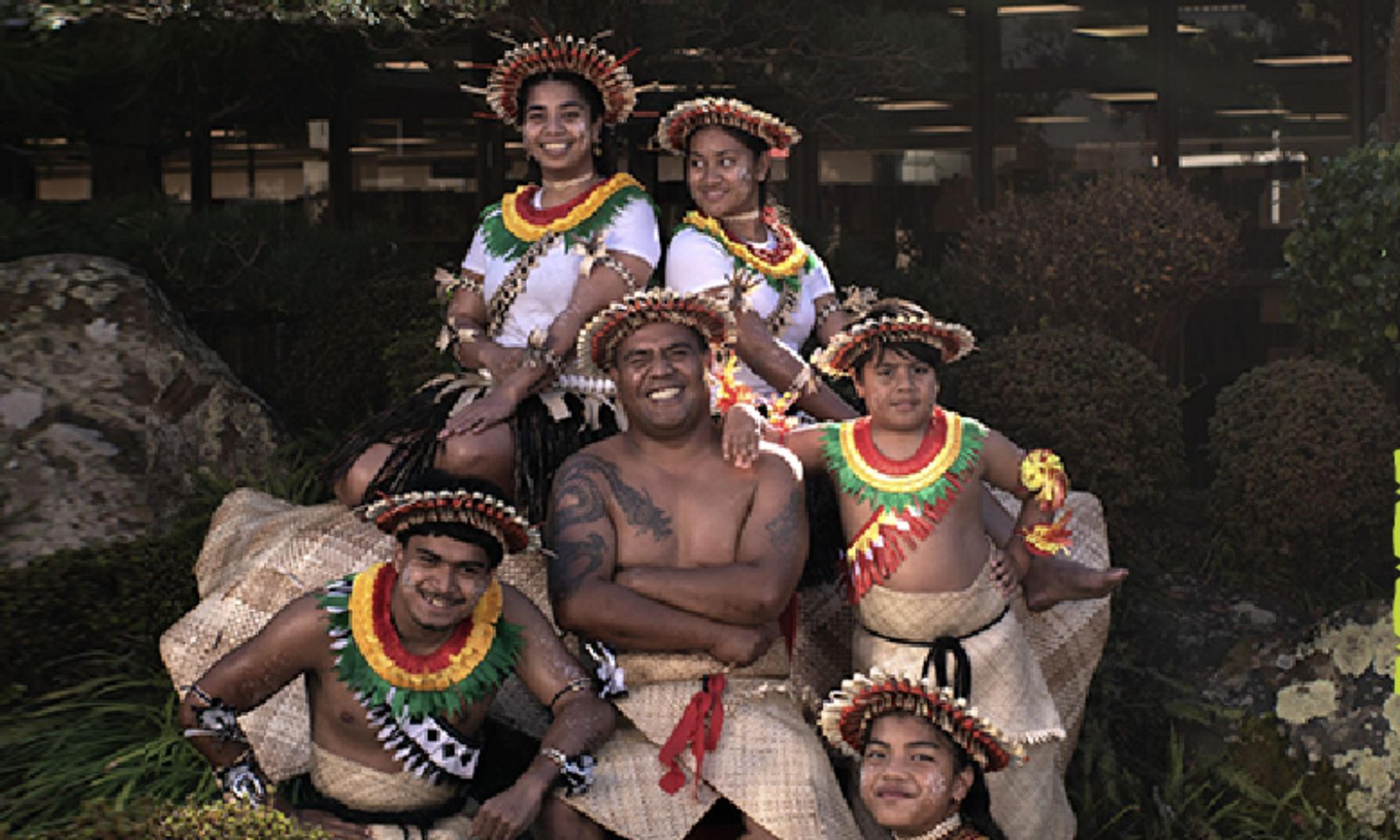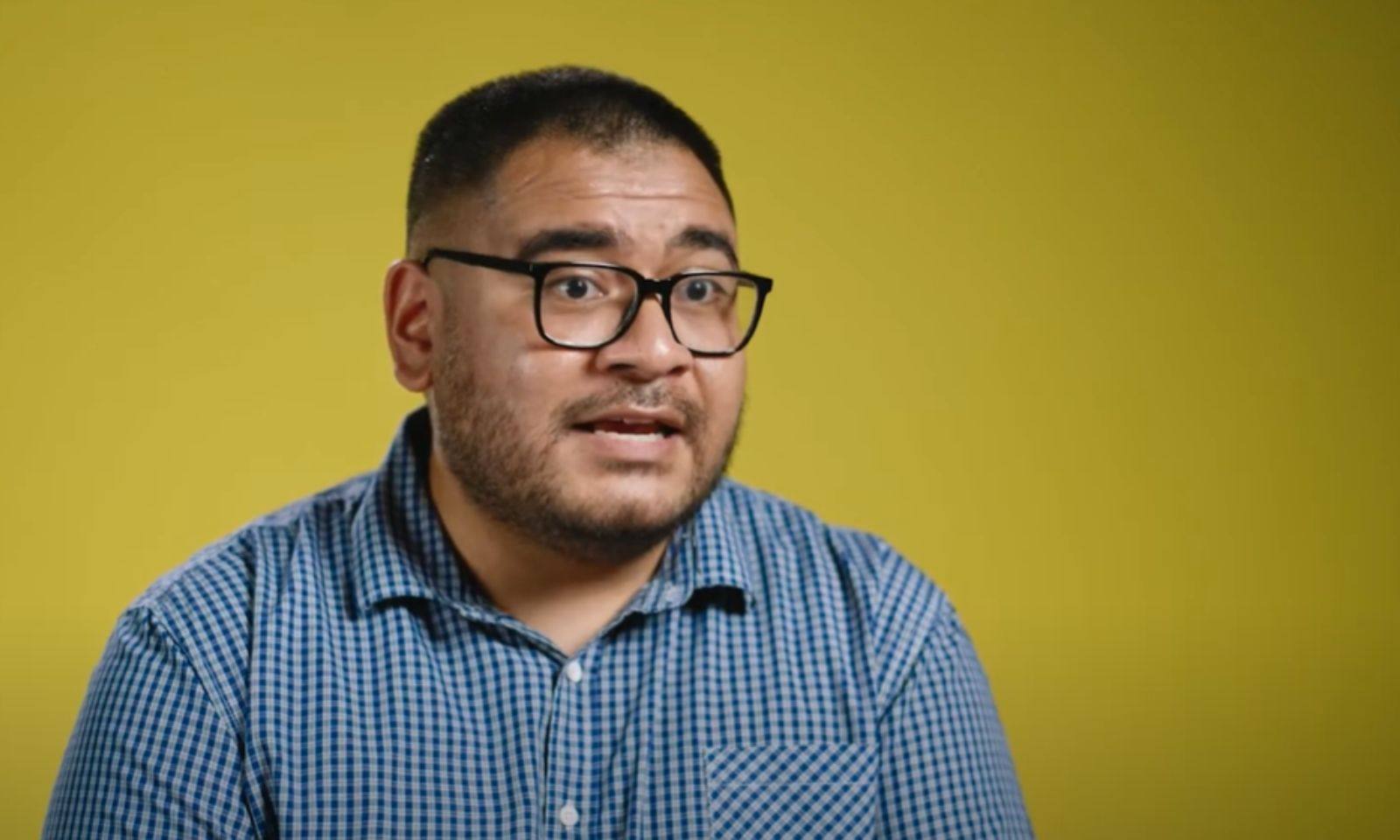

Shots from tagata moana and tangata whenua during Toitū Te Tiriti March, mirroring Fuimaono saying Pacific peoples have the ability to unite and mobilise.
Photo/PMN News/Atutahi Potaka-Dewes
What 'colonial governments' do: CRT scholar says Pacific peoples must push back against government's ‘racist’ actions
An Auckland University Senior Law Lecturer and Critical Race Theory scholar says the current "anti-Māori and white supremacist" government should be no match for Pacific people's ability to mobilise and unite.


Teen fights for the rights of children whose parents are in prison

Aotearoa's i-Kiribati community honours language and culture


New weight-loss drug poses risks of health inequities in Pacific communities - expert

Teen fights for the rights of children whose parents are in prison

Aotearoa's i-Kiribati community honours language and culture

A Critical Race Theory scholar says the current government's anti-Māori sentiment has negative impacts on Pacific peoples too, and is an example of what "colonial governments do".
Auckland University's Senior Law Lecturer Fuimaono Dylan Asafo says he is "deeply concerned" with the current government's actions which have impacted Pacific communities such as government cutbacks leading to a 40 per cent staff reduction to the Ministry of Pacific Peoples (MPP).
"We all heard about the cuts being made to the MPP which should come as no surprise given," Fuimaono says.
"The government's racism is impacting our people as well [but] that is what settler colonial states do.
"So, it's really important for us not to just resist but stand up against this racism."

Fuimaono Dylan Asafo. Photo/Te Kāhui Tika Tangata - Human Rights Commission
Fuimaono, who earned a Masters of Laws from Harvard University as a Fulbright General Graduate Award recipient, recently spoke at the two-day conference Designing Our Constitution.
He says the conference, organised by the Human Rights Commission in honour of the late esteemed Māori lawyer Dr Moana Jackson, garnered advocates and scholars to create "constitutional transformation".
Fuimaono says constitutional transformation is about designing an inclusive constitution for Aotearoa based on honouring Te Tiriti o Waitangi.
He says his role on the panel was to discuss Pacific peoples perspectives and contributions to constitutional transformation, saying it is difficult for older generation Māori and Pacific peoples to speak up as it brings up "a lot of difficult feelings and tensions".
"And also because Pacific peoples are so diverse. We all come from different backgrounds.
"We have different perspectives so it's really hard to summarise and do justice to what a Pacific perspective on constitutional transformation is."
As for why Pacific peoples should unify with Māori, Fuimaono cited the late Dr Moana Jackson's take on "one of the worst things colonisation did to Māori people [which was making] them forget they were Pacific Islanders."
Fuimaono says Dr Jackon was referring to how ancestrally Māori come from the Pacific where "our histories tell us we all descend from Hawai'i".
"That whakapapa, that genealogy, that relation has been obscured through the process of colonisation."
Fuimaono says therefore that Pacific peoples taking a stand against the current government's racist actions is vital towards honouring the sacred "whanaunga or relationship" between Māori and Pacific peoples.
He says examples of those racist actions include the government's push to remove te reo Māori from government departments, or the rushed disestablishment of the Māori health authority which Acting Human Rights Chief Commissioner Saunoamali'i Dr Karanina Sumeo called a violation of the Treaty of Waitangi.
Fuimaono also points out the importance of protecting spaces "we often share with Māori", such as University spaces designated for Māori and Pacific peoples.
Recently the University of Auckland came under fire by Deputy Prime Minister and New Zealand First Leader Winston Peters for having designated areas for Māori and Pasifika students, comparing it to far-right fascist groups like the Ku Klux Klan.
"So, I am deeply concerned but I'm hopeful. I want to talk in active terms of what we can do to take action."
He says "the time is now" and encourages Pacific communities to mobilise without waiting for "a big movement or a political leader or Pacific political leader to tell us what to do".
"We all have a role to make sure that race relations in this country don't fall back many decades as we're seeing already.
"We can do it, there's nothing we can't do if we work together, especially for our Pacific peoples.
"We know what we're capable of in terms of organising [and] bringing our people together.
"It's time for us to have a widespread and unified movement to support Māori and to do what we can to bring about a Te Tiriti based constitution."
Watch the full interview via 531pi's Facebook page below: